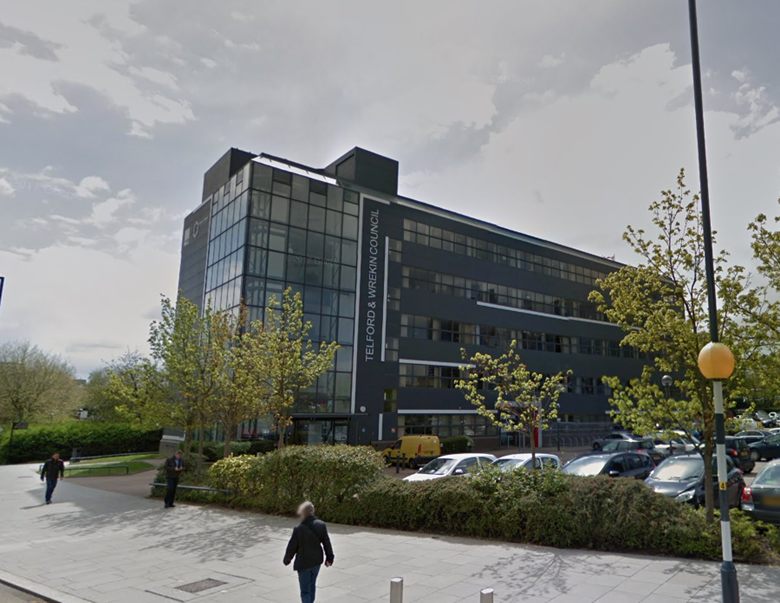Telford CSE youth work team 'under-resourced'
Joe Lepper
Friday, March 16, 2018
A specialist youth work team set up to support victims of child sexual exploitation (CSE) in Telford was unable to effectively tackle the scale of the problem due to a lack of funding and excessive workloads, it has emerged.

The Cate (children abused through exploitation) team was set up in Telford in 2008 to help young people at risk of child sexual exploitation and their families.
In 2012 seven men were jailed after being found guilty of targeting at least 100 girls in the Shropshire town.
But this month it emerged that the town's CSE problem may be far more widespread, with the Sunday Mirror claiming that as many as 1,000 children in the town could have been victims of sexual exploitation since the 1980s.
A report published by the council's children and young people scrutiny committee in May 2016 found that a lack of resources and high caseloads had limited the Cate team's ability to support the town's high number of victims.
This found that youth workers were having to cope with double the recommended workload of between eight and ten high priority cases.
This meant that they were unable to meet their target of seeing children at high risk of CSE two to three times a week.
Too much of their time was instead taken up by accompanying young people to GPS and sexual health clinics.
Family intervention practitioners (FiP) had been deployed to help the Cate team during times of particularly high volumes of work. But the report found that because no additional funding was available for this extra workload the FiP team was left short staffed.
"We are conscious that we have conducted this review against a backdrop of dramatic cuts in public sector expenditure," states the committee's report.
"The council and many of its partner agencies are facing stark budget challenges over the coming years."
It adds: "During the course of our discussions, we have noted some resource issues which have caused us particular concern.
Specifically regarding the Cate team the report states: "A critical element of the Cate workers' role is building trust with young people and this can take a considerable amount of time.
"For instance, the team told us that children at high risk of CSE should be seen two to three times per week for potentially up to two to three hours at a time but the team are not able to meet these targets.
"Accompanying a young person to a doctor's appointment or to the sexual health clinic can take a disproportionate amount of time. The team were concerned that this decreased capacity reduces the protective measures that can be put in place."
A total of 38 recommendations for improving support for victims and tackling CSE were put forward in the report. This includes a review of the Cate team's workload, which should be closely monitored with extra resources made available if recommended limits are consistently breached.
The council has said it has already implemented 17 of the recommendations, with the remaining 21 set to be implemented in due course.
The council also spent an extra £200,000 on tackling CSE last year, according to a spokesman.
This week Telford and Wrekin Council has called on the Home Secretary Amber Rudd to commission a public inquiry into CSE in Telford.
It says government-commissioned review rather than a council inquiry is necessary as many of the cases are historic and predate the council's creation in 1998. In addition, the council is concerned that its own inquiry risks not being seen as impartial.
"I grew up in Telford and was at school when many of the horrific cases reported over the last few days took place. As a resident, a contemporary of those who suffered and now as a parent, these stories sicken me," said council leader Shaun Davies.
"The way forward must now be a government-commissioned independent inquiry, with terms of reference set by government - any such inquiry commissioned by local agencies like the council or police could be seen as not being impartial. This must have complete independence."




